Photo Essay: Women with disabilities across Europe and Central Asia break stereotypes and build resilience
Date: 01 December 2017
Women with disabilities face significant obstacles – both in public and private spheres – in accessing adequate health, education, vocational training and employment. They also experience inequality in hiring, promotion rates and pay for equal work, access to training, credit and other productive resources, and rarely participate in economic decision-making.[i] Women and girls with disabilities experience double discrimination, which places them at higher risk of gender-based violence, sexual abuse, neglect, maltreatment and exploitation.
UN Women advocates for the rights of women with disabilities across the Europe and Central Asia region and makes sure to address the intersectionality of gender and disability in the national dialogue. Below are a few examples of how women with disabilities across the region build resilience and empower their communities despite obstacles.
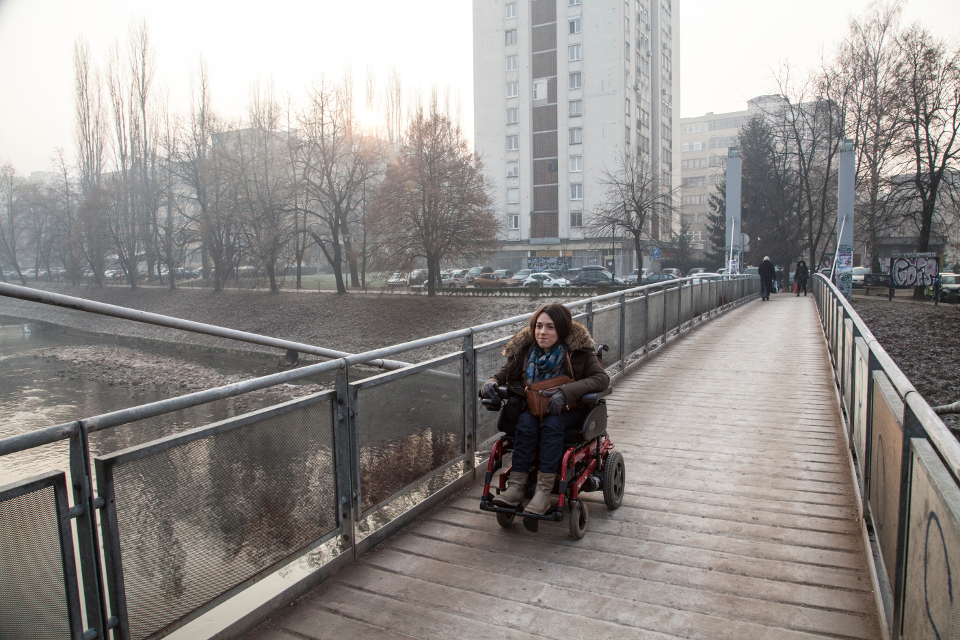
23-year-old Merima Karamović, from Bosnia and Herzegovnia, studied Comparative Literature and Library Science at University. After graduating, she got a scholarship from IT Academy, a one-year private programme where she studied PHP programming – a server scripting language and a powerful tool for making dynamic and interactive web pages. Karamović aims to combine literature and programming to develop her own web app for virtual libraries. She is one of the “IT Super Girls,” who are role models promoted by IT Girls, a joint initiative of UNDP, UNICEF and UN Women in Bosnia and Herzegovina.
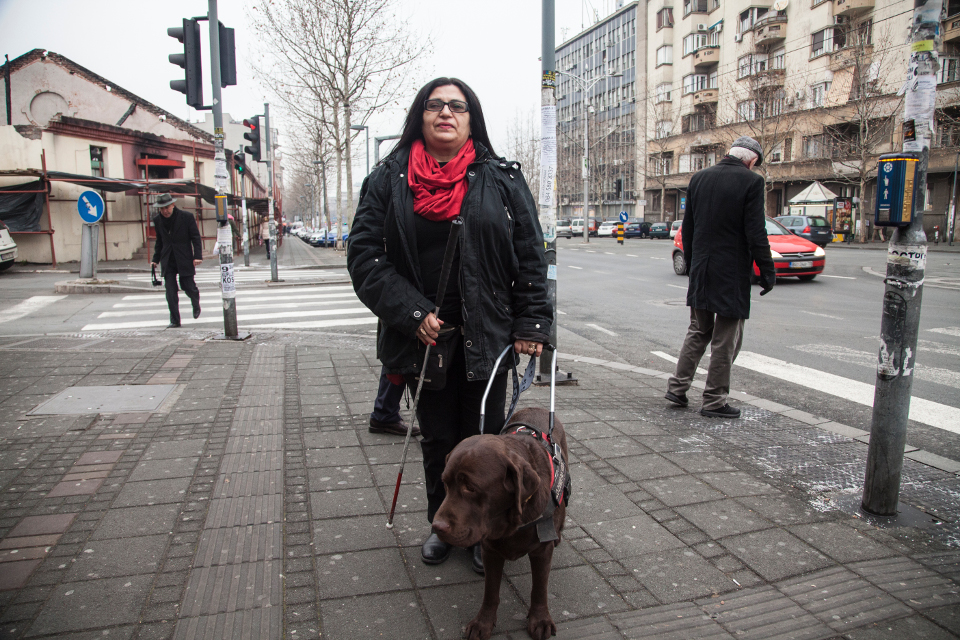
Vesna Nestorovic, 52, is the founder of the “White Cane” Association of the Blind and Visually Impaired, an author, TV host of the “See us Better” program and the President of an Aikido Association for persons with disabilities in Serbia. Her sight started deteriorating in childhood and she became absolutely blind at age 36. “It started during the war. Belgrade was bombed. I could not stand it, both mentally and physically, it was a very tragic time for all of us,” she recalls. During the war, Vesna’s intraocular pressure spiked, which resulted in her having to undergo three surgeries. Facing the fact that her sight would not return was one of the biggest challenges, especially when it came to telling the family.
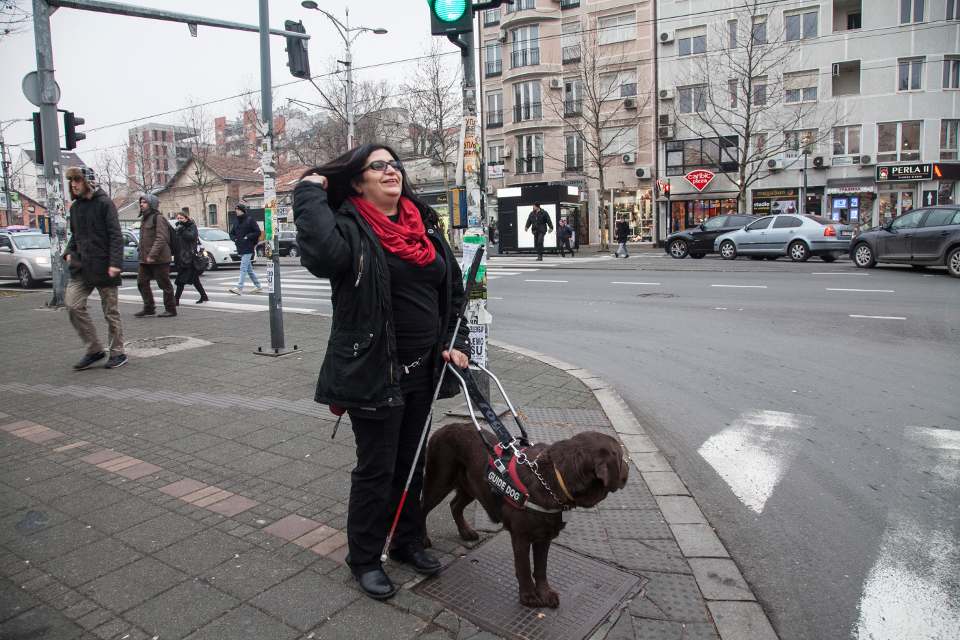
Nestorovic and White Cane are engaged in several campaigns aimed at social inclusion of the blind and people with visual impairment. In her strife to gain independence of movement, Nestorovic became the first person in Serbia to use a trained guide dog. She and her association launched a public campaign where they collected funds to bring Astor – Nestorovic’s current guide dog from Sofia, Bulgaria. Since its establishment in 2003, one of White Cane’s goals is to train Orientation and Mobility instructors, a new specialty in Serbia. White Cane also successfully lobbied for the city legislation to change to accept guide dogs into public spaces. The law on guide dogs was adopted in March 2015, largely due to Nestorovic and White Cane’s lobbying efforts. Nestorovic and her colleagues in the association are involved in a new campaign where they are collecting funds to launch a first training facility for guide dogs in Serbia. Read more.
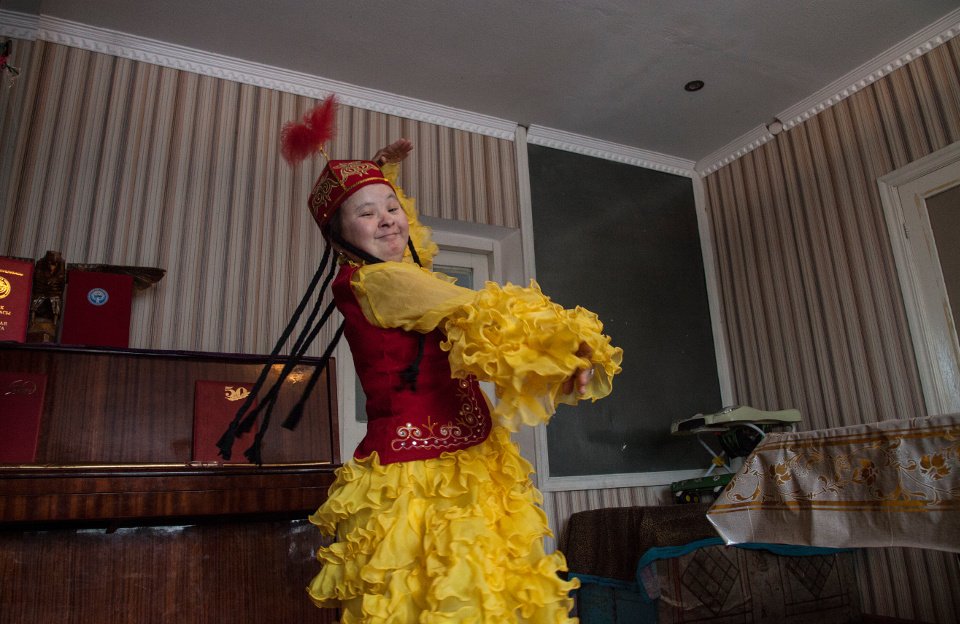
32-year-old Ayday Cherikbayeva is an active member of a local non-governmental organization called “Parents of children with disabilities” in Kyrgyzstan. She is a woman with Down syndrome. As an award-winning Kyrgyz folk dancer, she tours both in Kyrgyzstan and internationally.
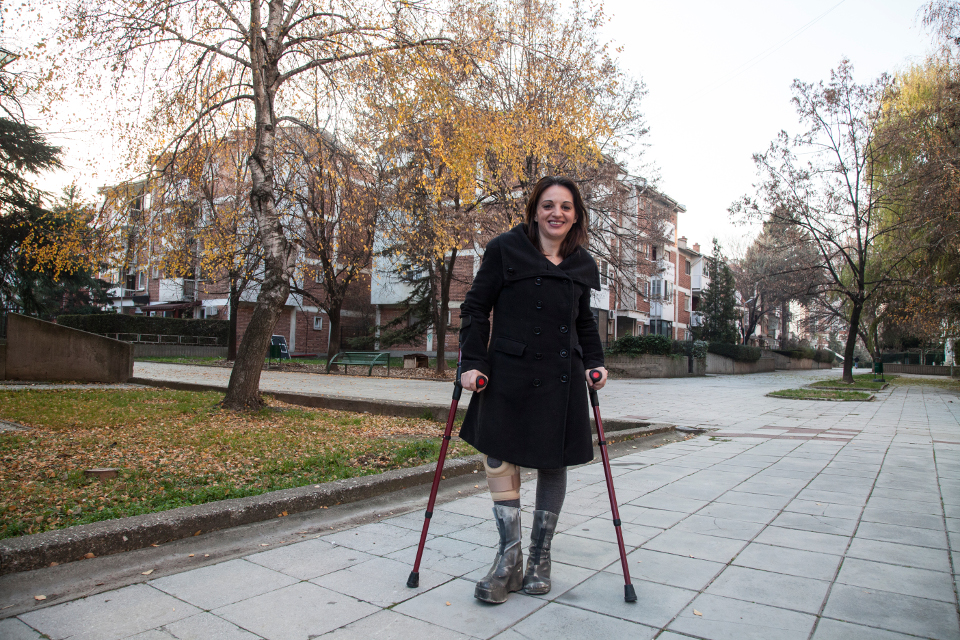
Elena Kochoska is a vocal advocate for persons with disabilities in the former Yugoslav Republic of Macedonia and works at the local organization, Polio Plus, Movement Against Disability. She participated in training and mentoring sessions on gender-responsive budgeting (GRB)—analyzing a budget to ensure women’s needs are met—organized by UN Women’s regional programme on GRB, supported by the Swiss Agency for Development and Cooperation and the Austrian Development Agency. Thereafter, she prepared a report that did a cost-benefit analysis showing the benefits of including children with disabilities in mainstream education. Read more.
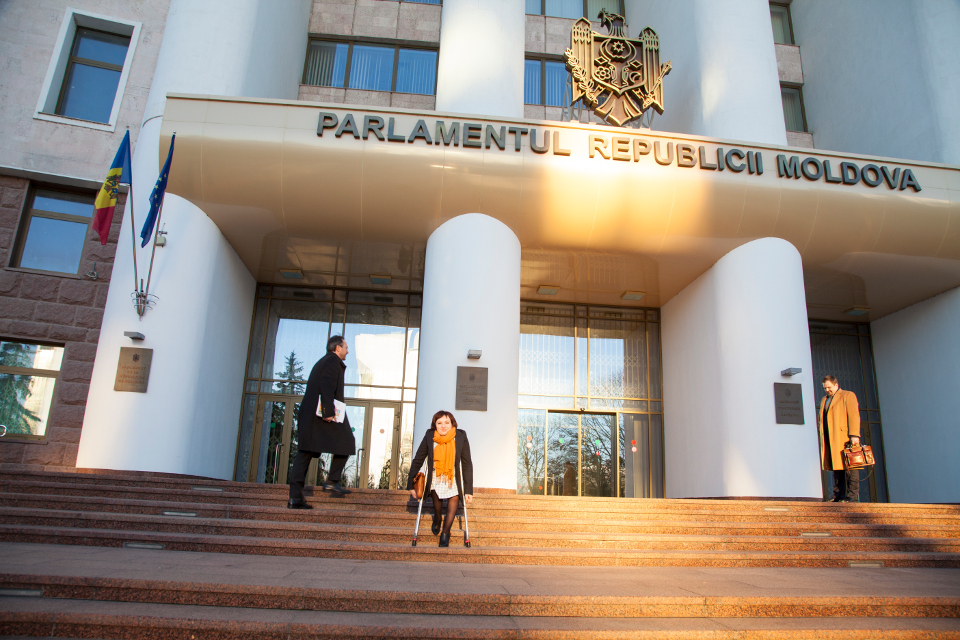
32-year-old entrepreneur Irina Revin is considered the woman with an “Iron Hand” in the Information Technology Industry in the Republic of Moldova. Despite her mobility disability, she broke stereotypes, overcame obstacles and built her own IT company. She is also the Chairwoman of the Association of Entrepreneurs with Disabilities from the Republic of Moldova - ‘European Abilities with No Limits’. She encouraged young girls, who are part of UN Women’s GirlsGoIT initiative, to make careers in the Information Technology industry. During the last two and a half years, she’s been both a beneficiary of UN Women interventions in Moldova and a valued partner. In 2017, UN Women partnered with her organization for the “We Have Abilities - We Want Possibilities!” National Programme, where, for the first time in the Republic of Moldova, 40 women with disabilities across the country attended a training programme to get actively involved in the economic, social and political development of the country.
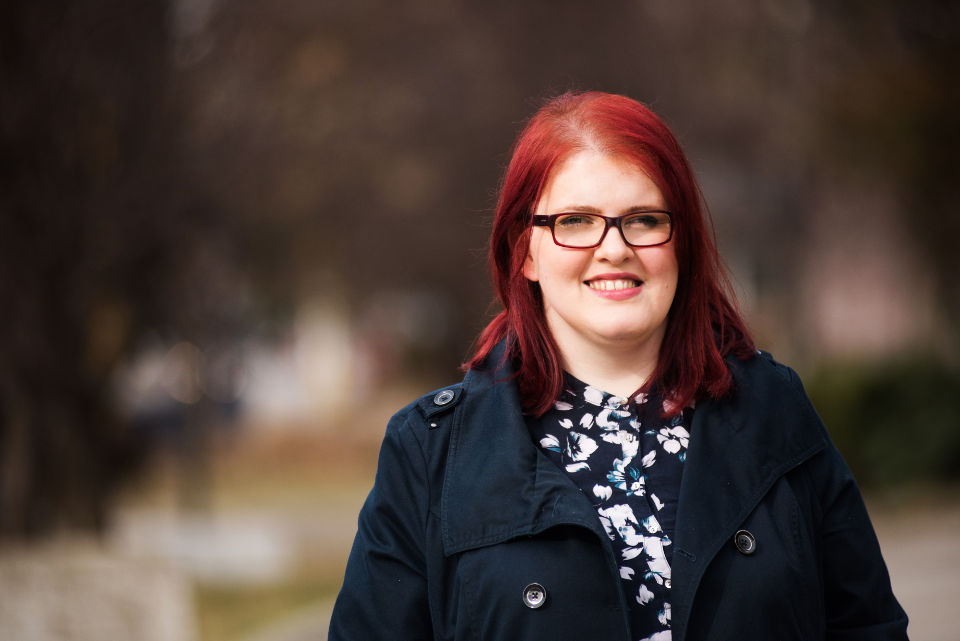
Ana Kotur from Bosnia and Herzegovina. Photo: UN Women/Imrana Kapetanović
“A woman with a disability is everything that she believes she is. A worker, a partner, a mother. A disability is not an obstacle for a woman. Prejudice is,” says Ana Kotur, an activist and a journalist from Bosnia and Herzegovina. Even though she was born with cerebral paralysis, it doesn’t stop her from breaking prejudices and overcoming obstacles imposed by the society on people with disabilities. Her work was acknowledged and awarded by UNICEF, the UN, UN Women and UNFPA in Bosnia and Herzegovina for reporting on the rights of people with disabilities.
[i] https://www.un.org/development/desa/disabilities/issues/women-and-girls-with-disabilities.html